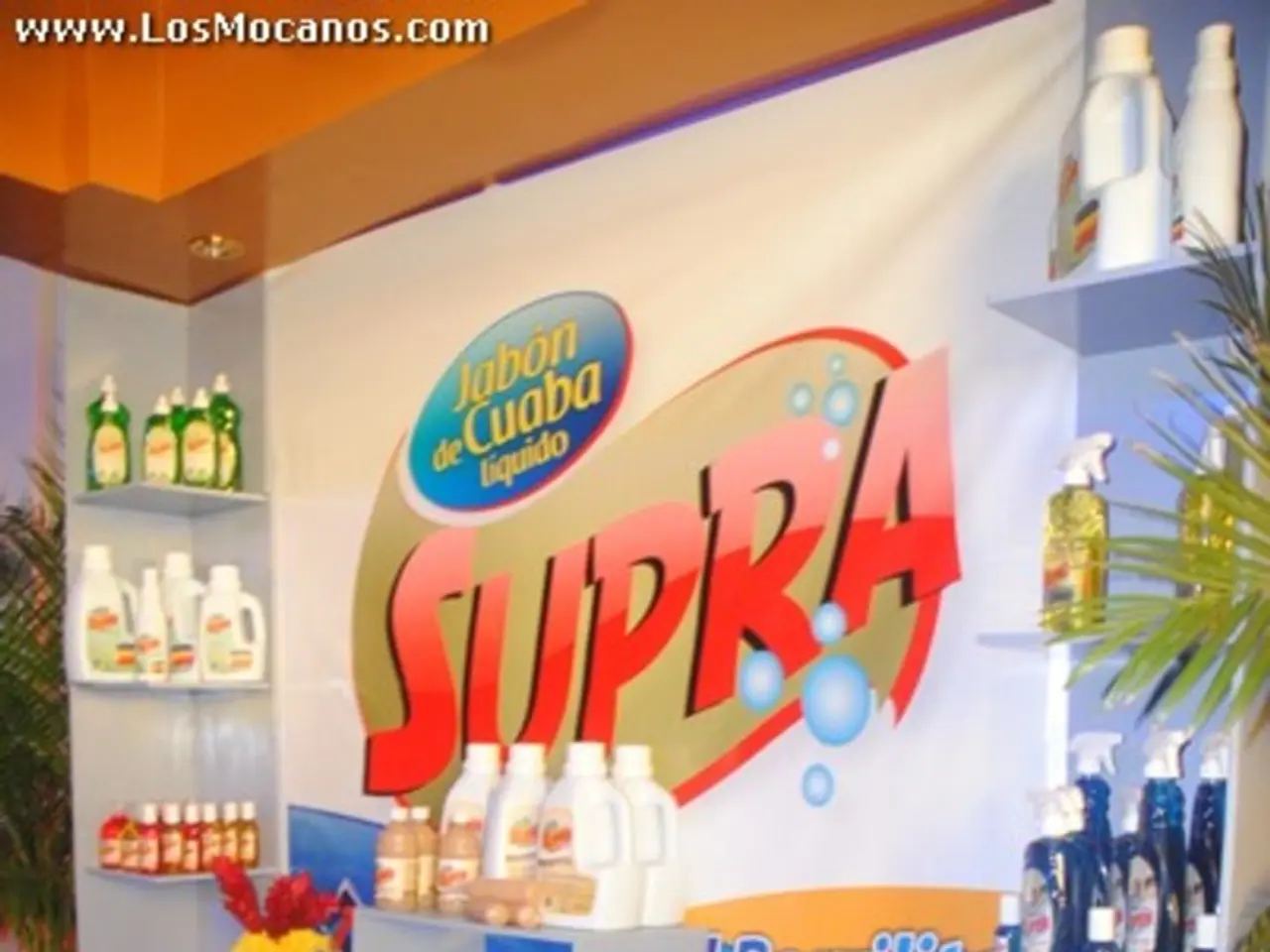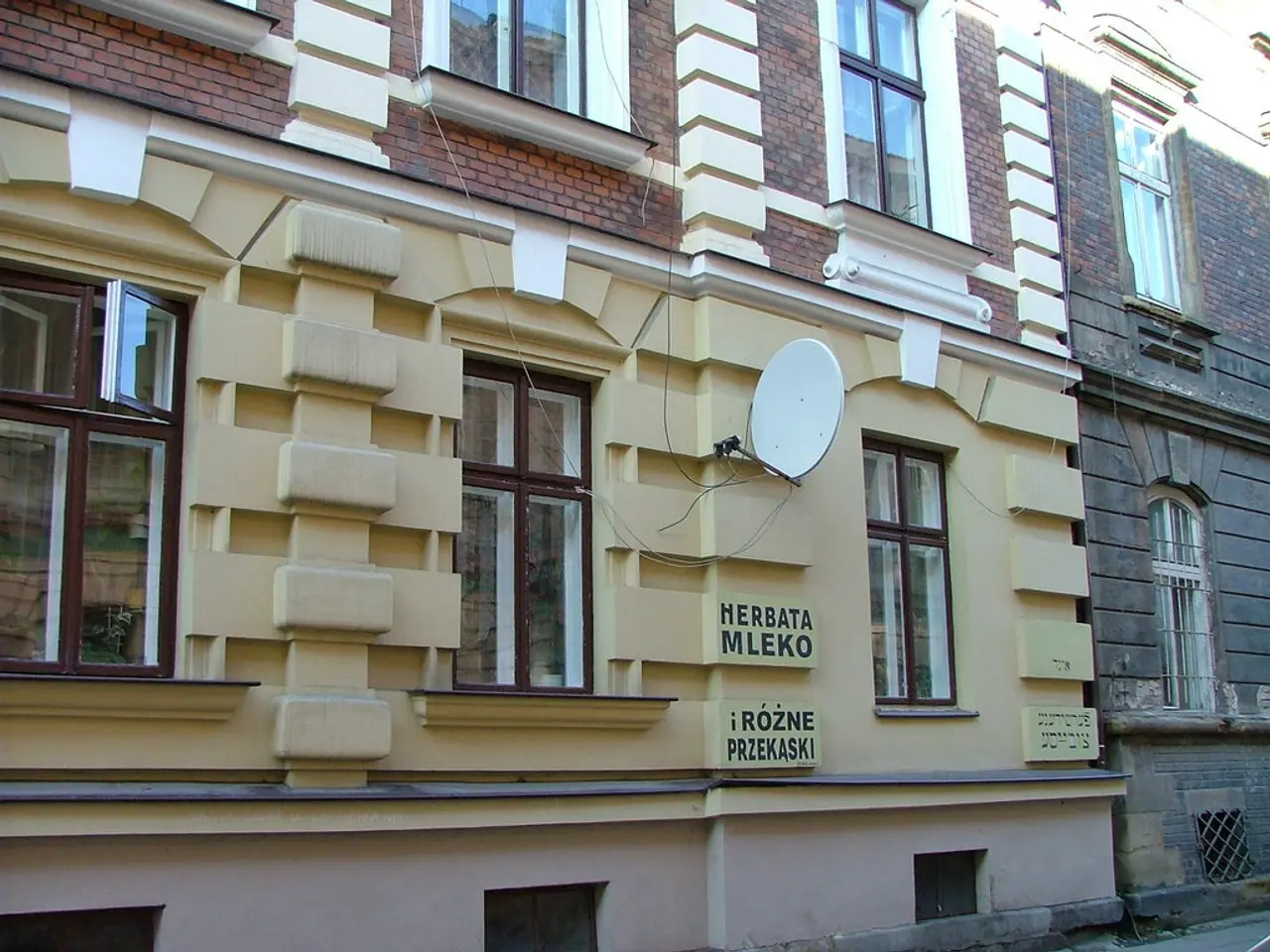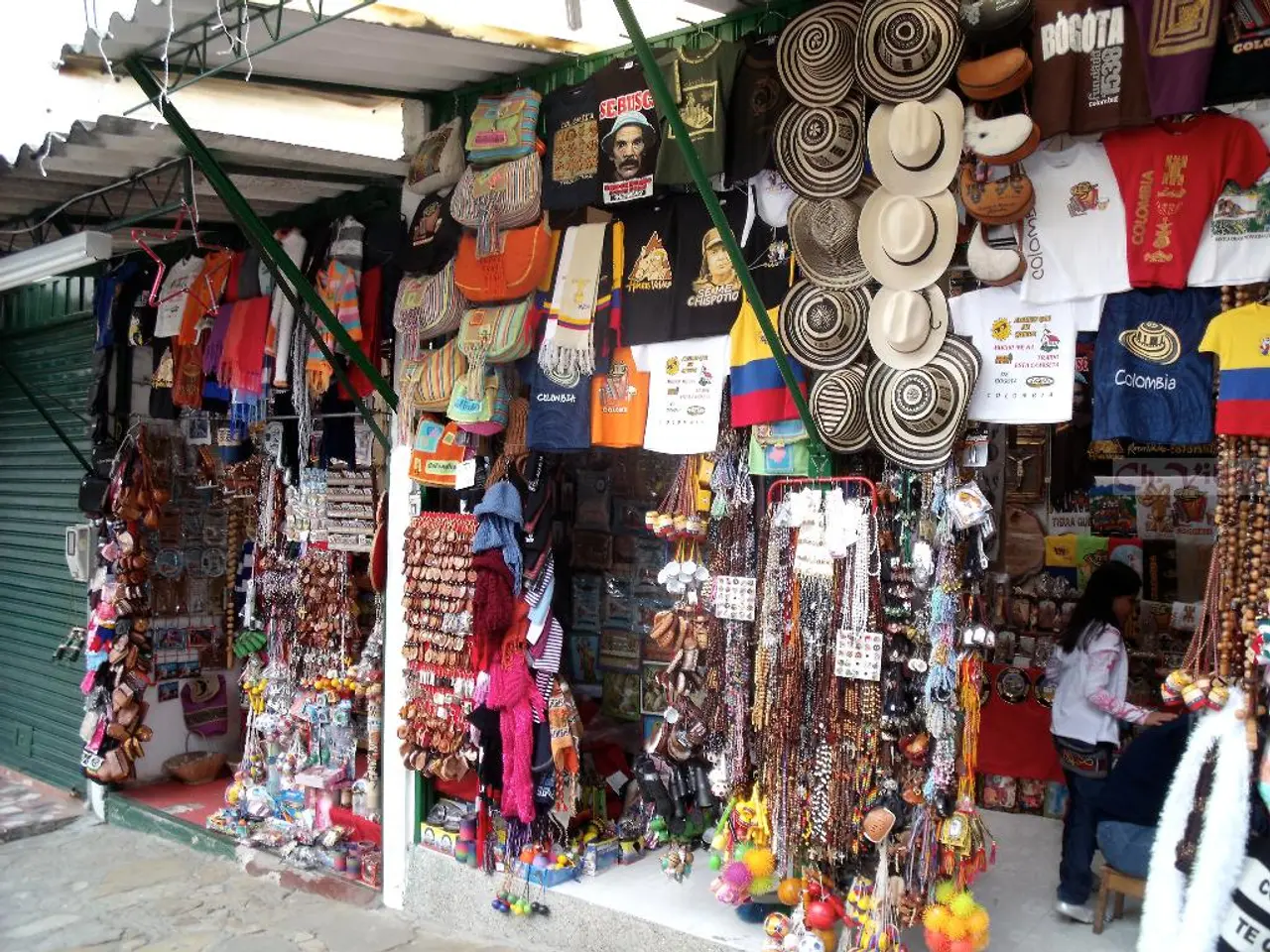Rabobank supports Musim Mas' initial sustainability-linked loan, foregoing the involvement of external auditors
Rabobank Approves EUR 150 Million Sustainability-Linked Loan for Palm Oil Giant Musim Mas
In a significant move towards sustainable financing, Dutch bank Rabobank has approved a sustainability-linked loan (SLL) worth EUR 150 million (US$217 million) for palm oil giant Musim Mas. This loan comes as major exporters of commodities, such as palm oil, coffee, and timber, are working to provide proof that their products have not led to forest degradation by late-2024, in order to comply with the European Union’s deforestation law.
The SLL for Musim Mas focuses on key performance indicators (KPIs) that emphasize independent smallholders, who account for about 41% of Indonesia's palm oil plantations. The KPIs require Musim Mas to ensure that the independent smallholders it contracts are certified by the Roundtable on Sustainable Palm Oil (RSPO), that it trains these smallholders, and that it maintains a deforestation-free palm oil supply chain.
However, concerns have been raised about the ambition of the KPIs set for the SLL. Merel van der Mark, coordinator of Forests & Finance, has stated that the KPIs could be more ambitious. On the other hand, Gemma Tillack, forest policy director of advocacy group Rainforest Action Network, has suggested that the KPI on maintaining a deforestation-free supply chain should be strengthened to require Musim Mas to achieve an independently-verified 100% deforestation-free supply chain by the end of 2024.
The best practices for external review and verification in SLLs in the palm oil industry focus on ensuring transparency and accountability through rigorous due diligence, alignment with recognized standards, and independent verification of KPIs. These practices include the use of second-party opinions and alignment with global principles, sector-specific risk assessments and monitoring, transparent impact reporting, and due diligence on supply chain traceability.
It is worth noting that the loan does not have a pre-issuance external review to assess the rationale and level of ambition of proposed targets. Typically, nationally recognized and reputable third-party assurance vendors should be identified upfront before the SLL is signed.
In Asia, the SLL volumes have declined from their 2021 peak, but the loan instrument continues to grow, contributing to the sustainable finance targets of many regional banks. OCBC, Southeast Asia's second-largest lender, is looking to double the number of SLLs to regional enterprises after meeting its S$50 billion (US$38 billion) target over two years ahead of schedule in 2023. Last year, OCBC extended 24 SLLs, including a £200 million (US$262 million) loan to Singapore property giant CDL.
The Financial Conduct Authority (FCA) in the United Kingdom has warned of potential conflicts of interest in SLLs, where banks may be incentivized to accept weak KPIs in loan agreements in order to hit sustainable finance targets that are tied to their remuneration benefits. Currently, the FCA has no plans to introduce regulatory standards for the SLL market but may reconsider if necessary.
In conclusion, adopting recognized sustainability standards for KPI selection, engaging credible external reviewers for both ex-ante KPI validation and ex-post verification, ensuring high traceability standards in the palm oil supply chain, and maintaining transparent, regular public reporting are the core best practices that uphold transparency and accountability in sustainability-linked loans in this sector.
- Despite Rabobank's EUR 150 million sustainability-linked loan to Musim Mas, concerns have been raised about the ambition of the KPIs set for the loan, with some suggesting the KPI on maintaining a deforestation-free supply chain should be strengthened.
- In the palm oil industry, the best practices for external review and verification in sustainability-linked loans focus on ensuring transparency and accountability through rigorous due diligence, alignment with recognized standards, and independent verification of KPIs.
- The Financial Conduct Authority in the United Kingdom has warned of potential conflicts of interest in sustainability-linked loans, where banks may be incentivized to accept weak KPIs in loan agreements to meet sustainable finance targets.
- In Asia, while SLL volumes have declined from their 2021 peak, the loan instrument continues to grow, contributing to the sustainable finance targets of many regional banks.
- To uphold transparency and accountability in sustainability-linked loans in the sector, it is crucial to adopt recognized sustainability standards for KPI selection, engage credible external reviewers for both pre- and post-KPI validation, ensure high traceability standards in the palm oil supply chain, and maintain transparent, regular public reporting.
- As major exporters work to provide proof of deforestation-free products by late-2024, the science and environmental-science on climate-change, forest degradation, and climate finance within the industry will play a critical role in aligning business practices with the Sustainable Development Goals (SDGs) and mitigating the impacts of climate-change.




